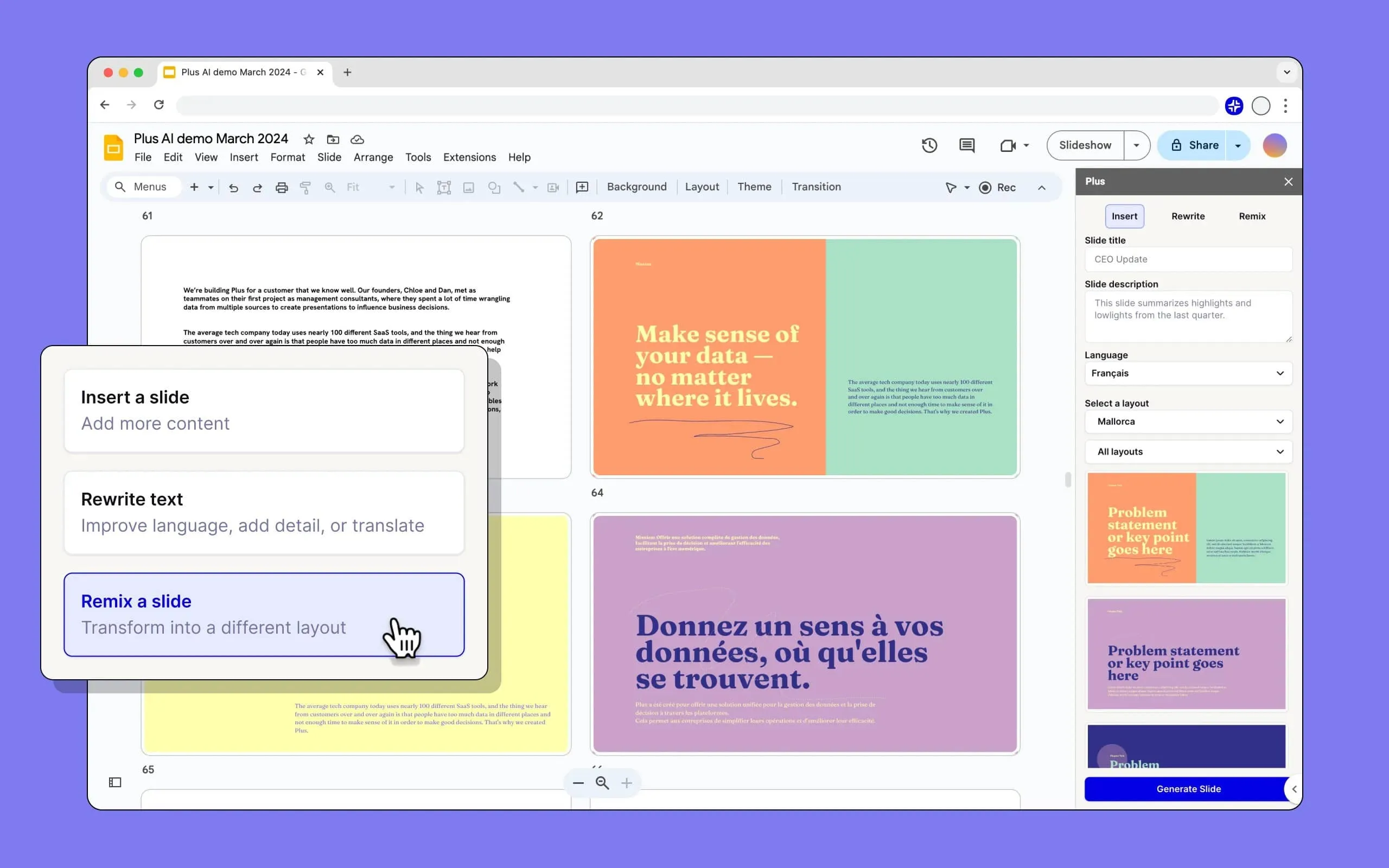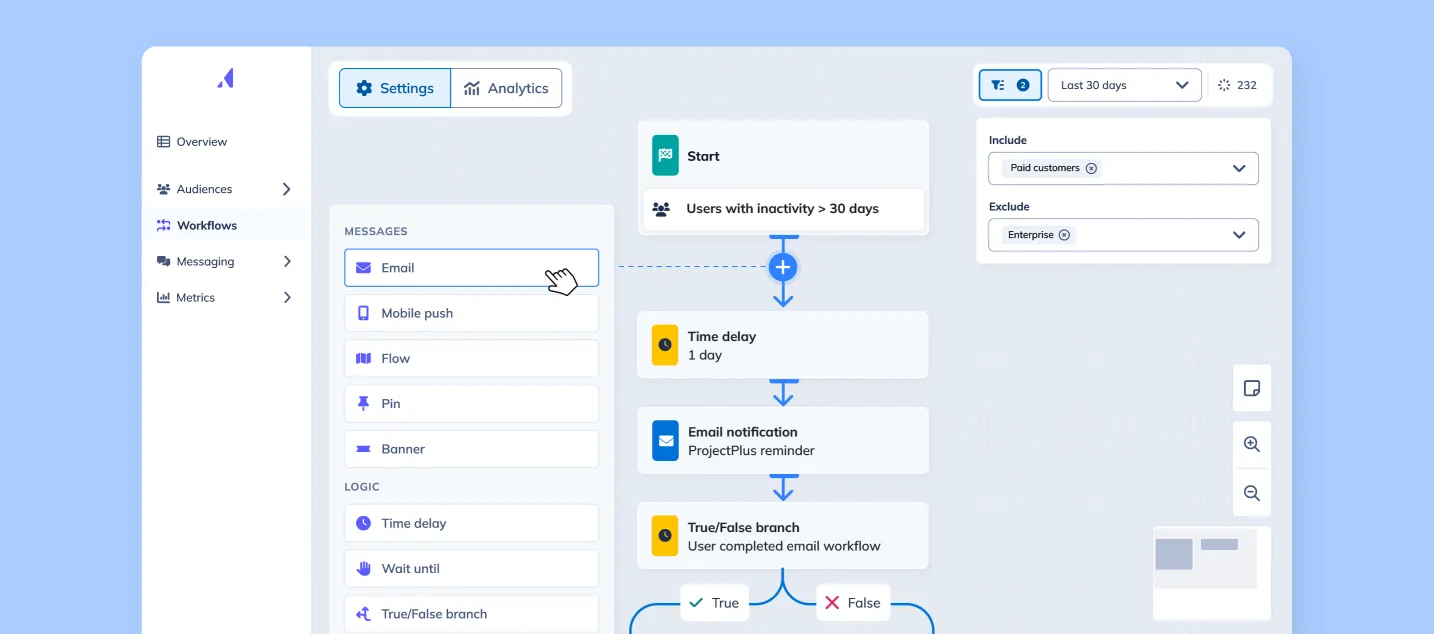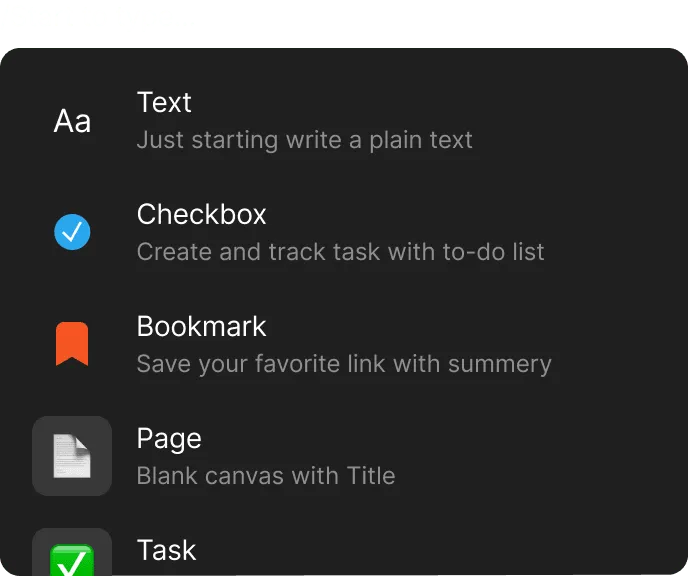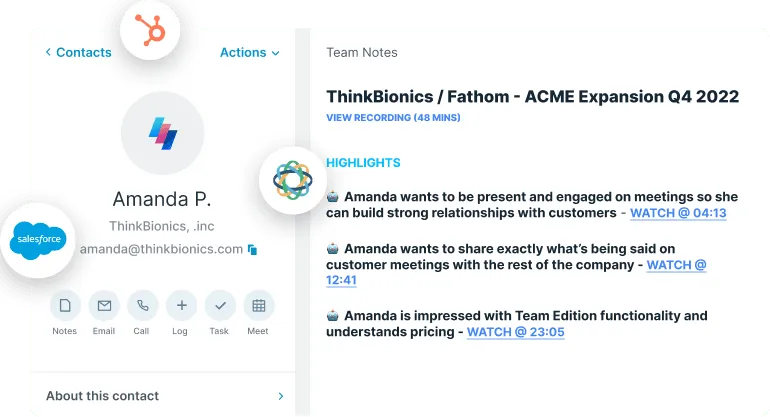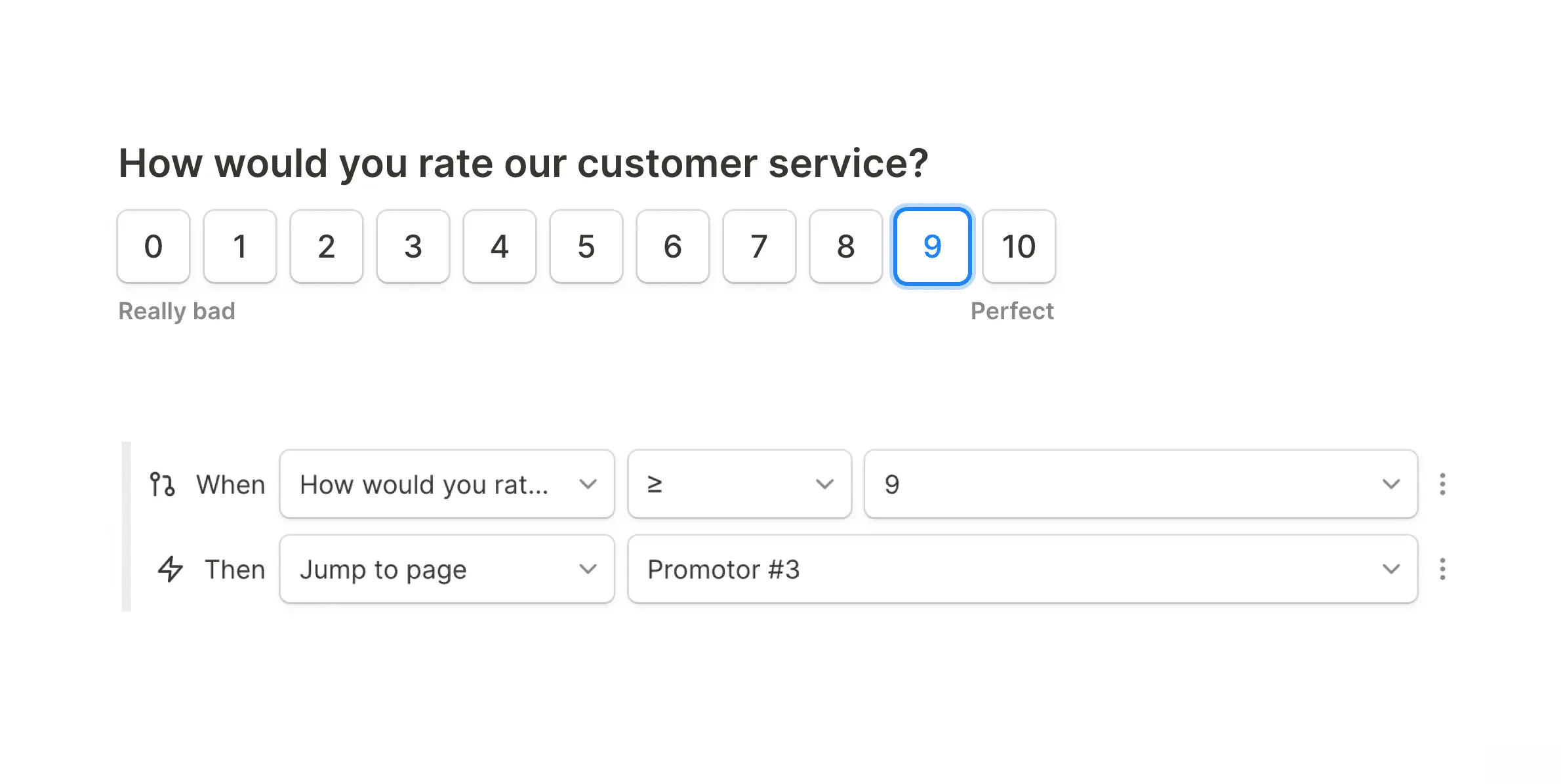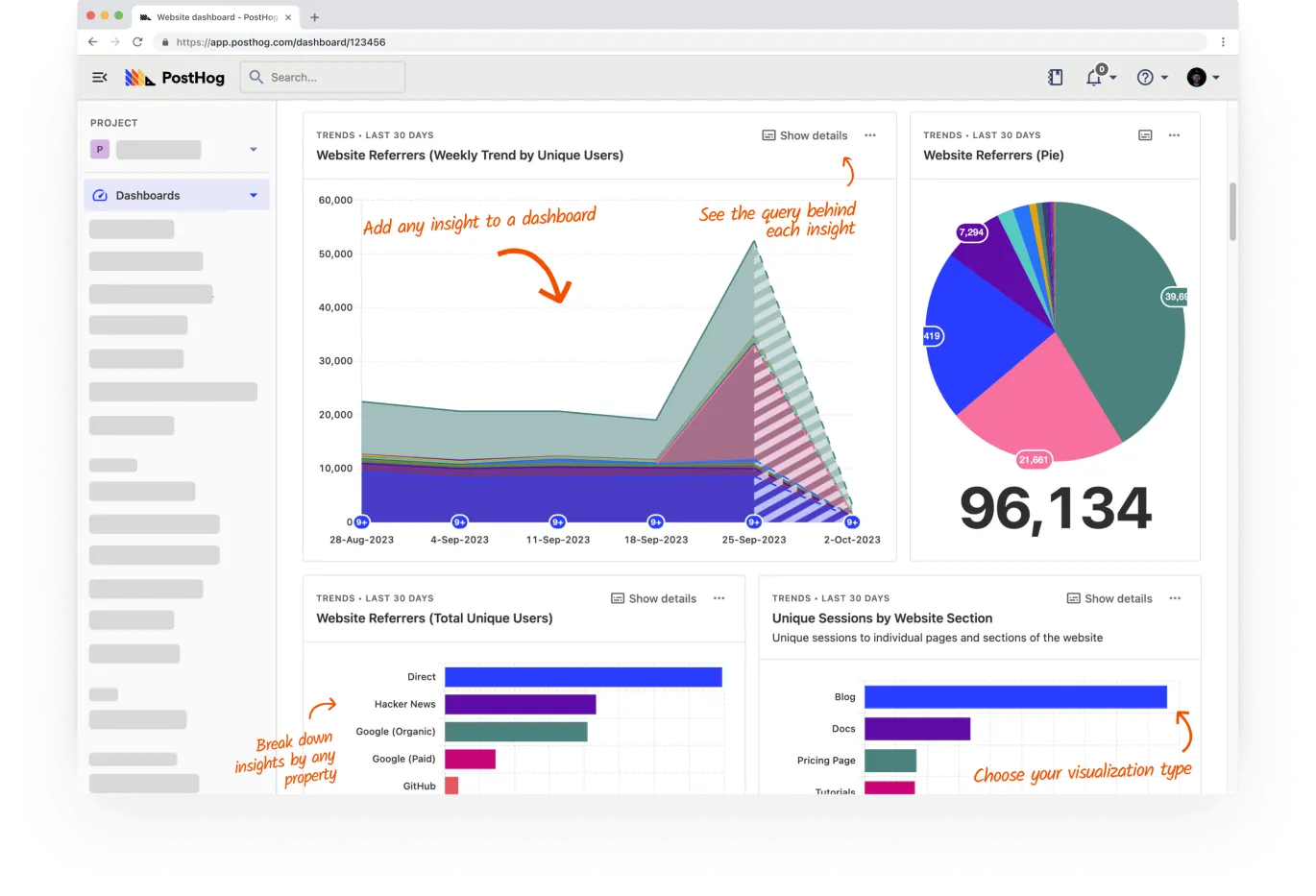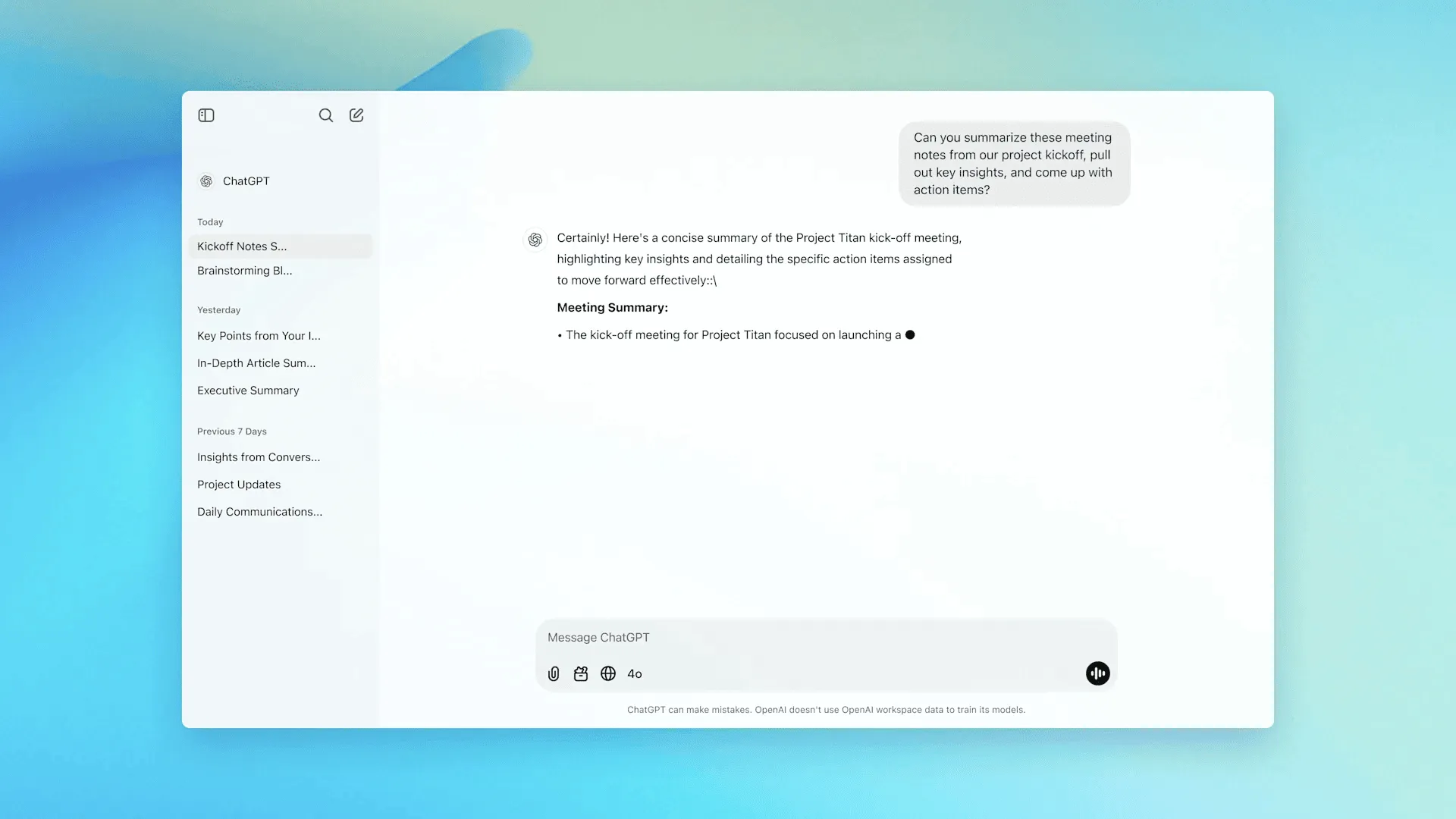10 Best Apps for Startups in 2025
Real tools for real pain points curated for founders who move fast

When your calendar’s packed with investor calls, your lead developer just quit, and beta users send mixed signals, the last thing you need is another generic “top tools” list telling you to try Slack.
After working with dozens of early-stage teams, one thing is clear: startups don’t fail from lack of vision, they stall from operational friction.
- Switching between five different apps to get one task done.
- Manually updating the same data across platforms.
- Losing decisions in endless email threads.
That’s what drains momentum. That’s what kills clarity.
So this list isn’t about what’s “hot” or trending. It’s built around the breaking points we’ve seen founders hit repeatedly: communication chaos, hiring gridlock, messy fundraising, and feedback that gets lost before it’s useful.
Each tool here solves a real problem at a real stage. If you’re somewhere between launch and Series A, this is the stack we’d hand you over coffee.
Let’s get into it.
1. Spike

Best for: Replacing email, chat, docs, and meetings in one AI-powered workspace.
If you’ve ever wasted 20 minutes digging through Gmail threads, jumping to Slack for a follow-up, and then searching Notion for “the latest” doc, you already know the problem Spike solves.
Spike replaces that chaos with one unified workspace where email feels like chat, docs live alongside the conversation, and built-in AI helps you write, summarize, and respond in real time.
It’s built for lean teams moving quickly, where async communication needs to feel real-time, and context should never get lost across tabs.
Why it’s built for startups:
- Email inbox, chat, notes, and collaborative docs in one place.
- No need to onboard three tools to stay in sync.
- Find what you’re looking for without chasing links or replies.
Unlike Slack, Gmail, and Notion, Spike offers all three but is simpler, faster, and natively built for async. No integrations are needed, and there’s no mess.
Pricing:
- Free for solo use and small teams.
- Team plans start at $8/user/month.
- Business plans offer SSO, admin controls, and priority support at $12/user/month.
2. PlusAI
Best for: Creating clean, structured pitch decks without burning hours in Google Slides.
Slides have become the default language of business. But the truth? They’re a massive time drain.
You’ve got senior marketers tweaking font sizes. Designers pausing campaign work to color-code charts. Founders spending hours in Google Slides perfecting layouts instead of refining strategy. Plus AI gives that time back.
It helps you build clean, professional-looking decks in minutes, powered by AI that understands structure, flow, and clarity. You choose the use case (pitch, roadmap, OKRs, board update), and it drafts a tailored deck, slide by slide, directly inside Google Slides.
Why it’s built for startups:
- Turns rough ideas into structured, high-quality slides fast.
- Great for founder-led storytelling without needing design help.
- Allows teams to focus on content, not cosmetics.
Compared to Canva, Plus AI is faster, more focused, and built for structured business decks, not just design flexibility. Design-heavy teams needing pixel-perfect control may lean toward tools like Figma or Canva.
Pricing:
Free to start. Pro plans begin at $10/month for individuals, with team plans offering collaboration and advanced features.
3. HiBob
Best for: Scaling culture, performance, and HR visibility in fast-growing teams.
When your team’s small, HR feels manageable. But once you’re hiring across time zones, managing performance reviews, and juggling PTO, onboarding, and engagement it starts to crack.
HiBob is built for startups and mid-sized companies that are scaling fast and want more than just HR checkboxes. It brings structure to your people operations without burying you in admin or enterprise bloat.
Why it works for startups:
- Combines HR essentials with tools for engagement, feedback, and recognition.
- Supports performance tracking and growth conversations in one place.
- Scales easily with smart org design, automation, and role-based access.
Compared to Gusto or BambooHR, HiBob goes deeper into performance, engagement, and organizational clarity without feeling like overkill. It may be more than you need if you have fewer than 20 employees or just need basic payroll.
Pricing:
Custom pricing based on team size and features. Typically geared toward teams with 50+ employees.
4. Appcues
Best for: Onboarding users and driving product adoption without writing code.
Getting people to sign up is one thing. Getting them to stay is another.
Appcues helps startups bridge that gap by making onboarding part of the product experience without requiring a developer. You can create tooltips, modals, checklists, and flows that quickly guide new users to value.
It’s a no-code way to reduce churn, increase activation, and make sure people understand what your product does before they bounce.
Why it works for startups:
- Lets you launch onboarding flows without pulling in engineering.
- Personalizes the experience based on user behavior, segments, or goals.
- Great for highlighting new features, driving adoption, or improving trial-to-paid conversion.
Compared to building onboarding in-house, Appcues saves time, shortens the feedback loop, and gives your growth and product teams direct control. However, it might be premature for very early-stage teams without active users yet.
Pricing:
Essentials plan starts at $249/month for up to 2,500 MAUs. Custom pricing available for scaling teams.
5. WPCode
Best for: Adding custom WordPress functionality without touching theme files.
WordPress powers a large portion of startup websites, but customizing it often feels riskier than it should. A simple tweak to your functions.php file can break the entire site, and developers aren’t always on hand.
WPCode makes that stress go away. It lets you safely add custom code snippets, conditional logic, and feature enhancements through a clean interface, manual file editing, and cowboy coding.
Why it works for startups:
- Safely manage PHP, JavaScript, HTML, and CSS snippets in one place.
- Built-in snippet library with ready-to-use functions for WooCommerce, tracking, and more.
- Set conditional logic by user role, page type, or device without writing complex rules.
Compared to hacking around with your theme files or waiting on a developer, WPCode gives you control without risk. For startups using non-WordPress platforms or fully headless setups, it’s not relevant, but for WordPress-powered MVPs or sites, it’s essential.
Pricing:
A free plan with core features is available. Pro starts at $49/year and offers advanced conditional logic, scheduling, conversion pixels, and more.
6. Anytype
Best for: Docs, wikis, and internal planning without giving up control.
Not every startup wants to build its brain in the cloud. With Anytype, you get the structure and flexibility of a tool like Notion, but your data stays local, encrypted, and fully in your control.
It’s ideal for teams that care about privacy, want to work offline, or simply prefer not to be locked into a proprietary platform.
Anytype’s flexible, block-based interface lets you build internal docs, team wikis, project trackers, and personal dashboards. It runs on a peer-to-peer protocol behind the scenes and, by default, gives you local-first storage.
Why it’s built for startups:
- Fully offline functionality (great for remote or distributed teams).
- End-to-end encryption and full local ownership of your data.
- Open-source, extensible, and designed for long-term independence.
Unlike Notion, Anytype offers more privacy, autonomy, and resilience without sacrificing structure or usability. However, if your team depends on real-time multi-user editing or cloud-based sync, its peer-to-peer model may feel limiting.
Pricing:
Free for individuals and small teams. Pro plan ($8/month) adds unlimited files, larger storage, and premium support.
7. Fathom
Best for: Turning Zoom calls into summaries and action items without taking notes.
You’ve been there. An hour-long Zoom call, ten key takeaways, zero notes you can use.
Fathom solves that without you lifting a finger. It records your calls, highlights the important moments in real time, and delivers smart summaries and action items within minutes: no transcription cleanup, no missed details, just clarity.
Why it’s built for startups:
- Automatically highlights key moments and follow-ups.
- Summaries are clear, fast, and instantly shareable.
- Frees you up to focus on the conversation, not your keyboard.
It’s especially helpful for founders in back-to-back meetings, investor calls, user interviews, and team syncs, where remembering everything is impossible, and context is everything.
Unlike Otter.ai, Fathom is more integrated, intuitive, and built to surface key insights, not just transcribing everything. If your team uses platforms like Microsoft Teams or Google Meet, you may need a more platform-agnostic tool.
Pricing:
Individual plans are free. Team plans start at $19/user/month and include collaborative highlights, shared folders, CRM integrations, and more.
8. Tally
Best for: Free, clean forms to collect feedback, signups, and insights.
Startups run on fast feedback. Forms are essential for validating an idea, onboarding beta users, or collecting input from early customers, but most tools make them more complicated than necessary.
Tally gets out of the way and lets you build unlimited forms that look great, work anywhere, and take minutes to create.
Why it’s built for startups:
- Unlimited forms and responses even on the free plan.
- No branding, no restrictions, no “upgrade to unlock this.”
- Flexible enough for product feedback, waitlists, internal polls, and more.
It feels like a cross between Notion’s simplicity and Typeform’s style without the paywalls and clutter. You can embed forms, set up logic rules, and push data to your stack with native integrations or webhooks.
Compared to Typeform, Tally is cleaner, truly free, and built with a flexible, frictionless mindset that fits startups’ workflows. For advanced analytics or complex form logic, though, Typeform or Formstack may offer more depth.
Pricing:
It’s free forever for unlimited forms, questions, and responses. The Pro plan ($29/month) adds advanced features like conditional logic, payment support, and custom domains.
9. PostHog
Best for: Deep product analytics, without handing your data to Google.
Understanding how users interact with your product shouldn’t mean handing your data to Google or bending your roadmap around someone else’s dashboard.
PostHog provides full-stack product analytics that you can self-host, customize, and expand as you grow. It tracks everything from clicks and funnels to retention and feature usage, giving founders and teams the insights to move fast without flying blind.
10. GPT-4o (ChatGPT)
Best for: Writing, coding, researching, and thinking faster across every part of your workflow.
Startups move fast. But bottlenecks don’t care. Whether it’s a pitch that won’t write itself, a bug you can’t squash, or a policy doc no one wants to draft, GPT-4o helps you move forward without calling another meeting or hiring another person.
It’s not a replacement for your team, but it’s the teammate who never sleeps, never stalls, and always has a first draft ready.
Why it’s built for startups:
- Drafts everything from cold emails to pitch decks to onboarding docs.
- Summarizes meetings, rewrites clunky copy, and generates quick code snippets.
- Great for idea validation, product naming, internal Q&A, or turning raw notes into polished outputs.
It pairs perfectly with every other tool in your stack: generate a slide outline for Plus AI, turn a Zoom summary from Fathom into action items, draft internal docs for Anytype, or write SQL queries to analyze PostHog data.
Compared to juggling freelancers or waiting on bandwidth, GPT-4o gives you instant leverage to keep momentum without trade-offs. A human editor is still essential if you need airtight factual accuracy or highly domain-specific output.
Pricing:
Free for GPT-3.5. GPT-4o is available via ChatGPT Plus at $20/month.
Build momentum, not bloat
Startups don’t win because they use the most tools. They win because they pick the right ones that eliminate friction and create flow.
Start with communication—that’s your daily heartbeat. Then, identify your next point of drag, whether it’s onboarding, funding, hiring, or growth, and solve it with tools for how startups work today.
Every app on this list has helped real founders move faster. Try one. Try three. But don’t wait.
Your momentum depends on it.





